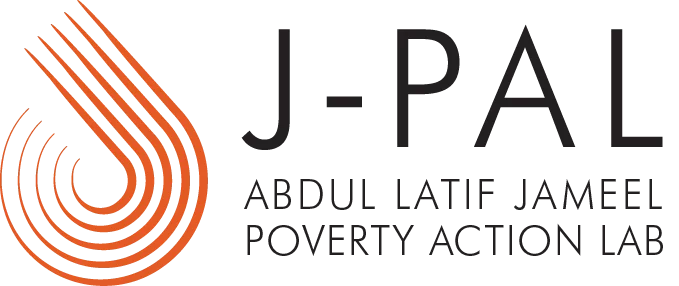J-PAL seeks to recruit an Intern, Math Games Project – J-PAL South Asia
Description
The Abdul Latif Jameel Poverty Action Lab (J-PAL) J-PAL was established in 2003 as a research center at the Economics Department at MIT. Since then, it has grown into a global network of researchers who use randomized evaluations to answer critical policy questions in the fight against poverty. J-PAL is propelled by a first-rate team dedicated to research, policy, training, and other vital work, supporting J-PAL’s mission to reduce poverty by ensuring that policy is informed by scientific evidence.
J-PAL South Asia, which is based at the Institute for Financial Management and Research (IFMR) in India, analyses and disseminates research results and builds partnerships with policymakers to ensure that policy is driven by evidence, and that programs proven effective are scaled up. We have a growing number of partnerships in Bangladesh, India, Nepal, Pakistan, and Sri Lanka.
Job Description for Math Games Intern
J-PAL South Asia at IFMR seeks a qualified applicant for the position of Intern for the Math Games Project in New Delhi. The position offers an opportunity to gain first-hand field management experience in an organization undertaking cutting-edge development research. The Intern will join a team of world class researchers from leading universities in the world and to assist in implementing Randomized Control Trials. The preferred joining date is August 20, 2018.
About the Math Games Project
The performance of primary schools in developing countries is weak, especially for the poor. This can be partly attributed to initial differences, which are later magnified by the school system (Banerjee & Duflo, 2011). The massive expansion in school attendance in developing countries has not been matched by increases in school achievement for the poor. In India, 75% of children in grade five cannot perform simple arithmetic and 53% cannot read a grade-two level paragraph (ASER: Pratham, 2013). Because poor children have especially weak preparation for school but strong non-symbolic numerical and geometrical abilities (Spelke, 2011), preschool is a promising time to intervene, with little established curricula. Yet, there is little evidence on effective school-readiness curricula for poor children.
Given this knowledge, the project aims to find solutions to harness children’s innate capacities at the foundations of mathematics to give young children the skills and confidence to succeed in school.
The Principal Investigators on the project are Esther Duflo (Department of Economics, MIT) and Elizabeth Spelke (Department of Psychology, Harvard).
Key Responsibilities
Interns work closely with academic researchers and other field staff members to perform a variety tasks including, but not limited to:
- Digitizing survey questionnaires, running pilot exercise and refining survey instruments
- Piloting Math Games at government schools and providing critical insights to the team
- Assisting the Research Associates in conducting workshops with government teachers and other stakeholders
- Assisting the Research Associates with data cleaning and preliminary Process Monitoring data analysis if required
- Any other task as assigned by the Research Associate or Research Manager
Desired Qualifications
- A Bachelor’s degree in economics, social sciences, public policy, or related fields
- Familiarity with STATA and Adobe Photoshop preferred but not necessary
- Experience working with pre-primary or primary children is a strong plus
- Flexible, creative, self-motivated, able to manage multiple tasks efficiently, and team player
- Familiarity with randomized controlled trials preferred
- Ability to deal with unstructured and changing environments
- Ability to work independently and in semi-urban field locations
Time Period of internship:
August-October
Note on Work Authorizations:
Candidates must have work authorization to work in India. This covers citizens of India, Nepal, or Bhutan, Persons of Indian origin (PIO), and an Overseas Citizens of India (OCI).
How to Apply
Interested candidates may write to Deepika Kalra at dkalra@povertyactionlab.org with their latest CVs. Only shortlisted candidates will be contacted for an interview.
In the subject line: Put your full name, first (given) name followed by last (family) name.
Attachments: Please attach ONLY your CV and Cover Letter.
